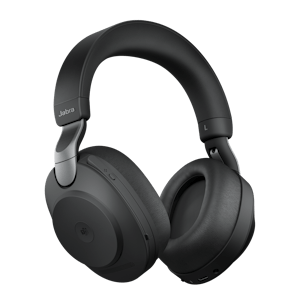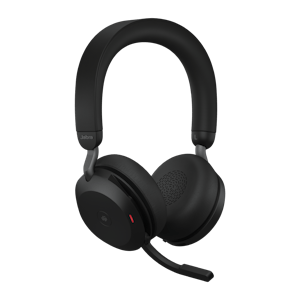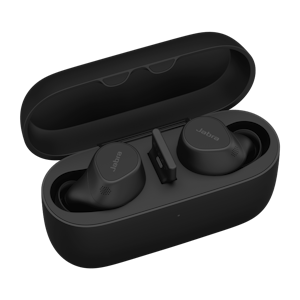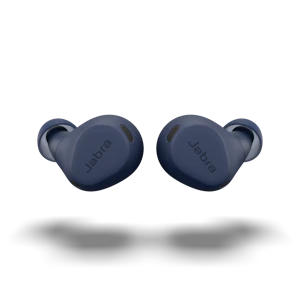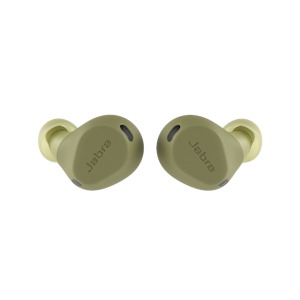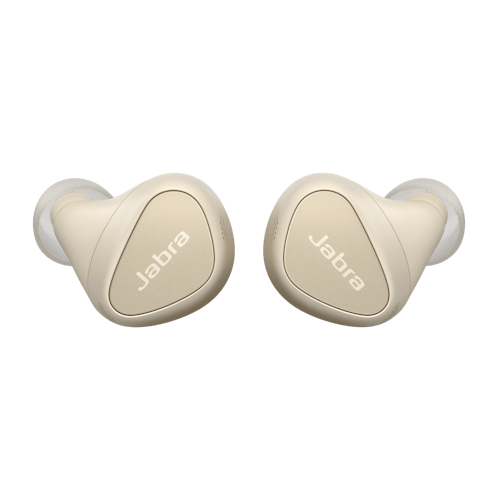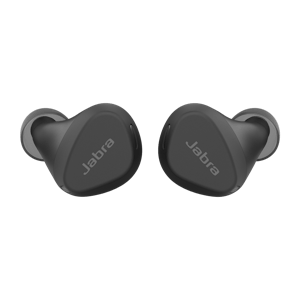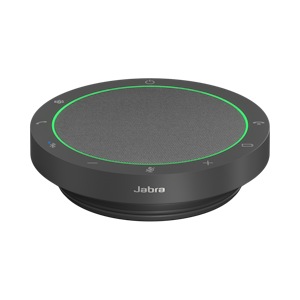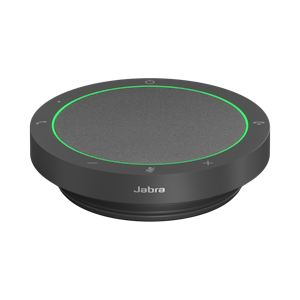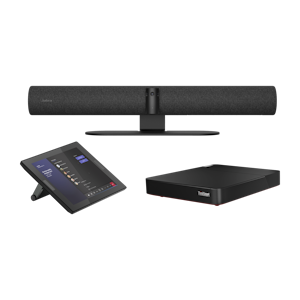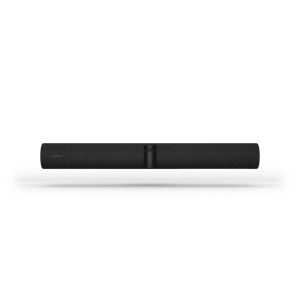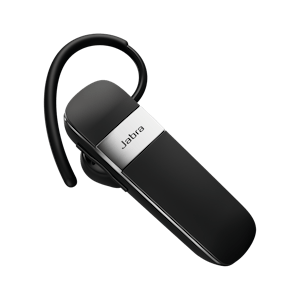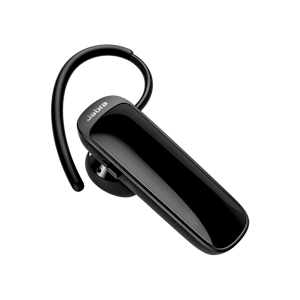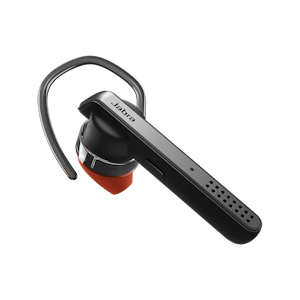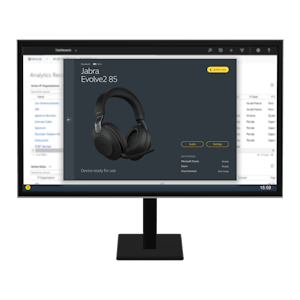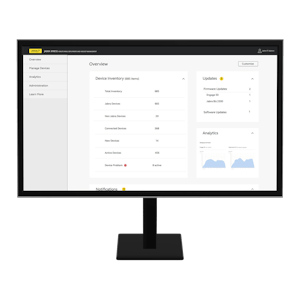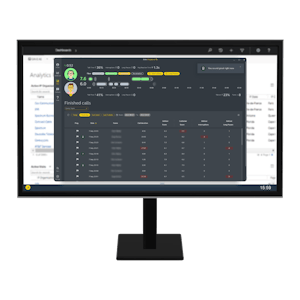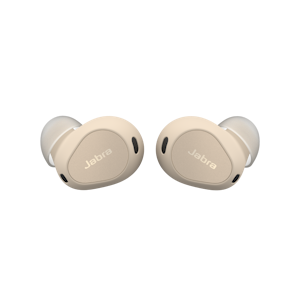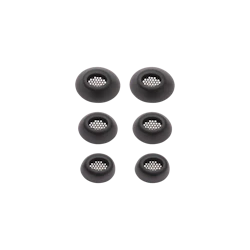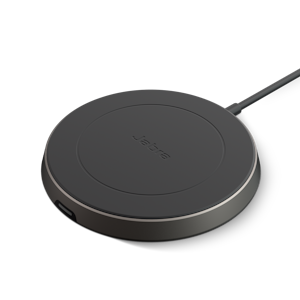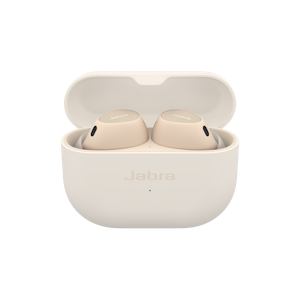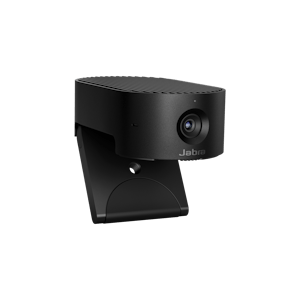Listening to music is a great way to super charge your workout. It's also a great way to get tangled up and frustrated with corded earbuds.
1. Where will you be using them?
Your headphones needs depend on where you'll be exercising. Do you exercise in a noisy gym, your quiet home, along a busy highway, or on a serene nature trail?
If you're going to be outside in traffic, then you'll need to hear horns, sirens, and approaching cars. If you're in a noisy gym, then you may want noise canceling headphones to help you focus.
2. Do you need water resistant headphones?

Any headphone used for running should be sweat resistant as a minimum. Some users need additional protection.
Make special considerations if you exercise in the rain or excessively cold temperatures. Consider buying a pair that is water proof or designed to function in colder climates.
3. Do the headphones fit well?
It doesn't matter if the music quality is superior, the color is great, or the price is right, if the headphones don't fit well. Poorly fitting headphones can be uncomfortable in your ear and may not stay in place.
High-end products often come with adjustable parts to help customize a fit (and they generally weigh less, too). These small changes can make a big difference during a difficult workout.

4. Do you wear eyeglasses while running?
Some headphone designs don't work well with eyeglasses and can cause pinching of the ear; other headphones just won't work with eyeglasses at all.
If you wear prescription glasses or sunglasses while running, check that the headphones you're considering won't cause problems with discomfort or stability.
5. How long will the headphones stay charged?

Nothing is more annoying than getting half way through a workout and having the battery die. Before purchasing a Bluetooth headset, check the battery life.
Will you only use it for your workout? Will you use it to make calls all day long? Longer battery life can equal greater expense but may be worth it for some users. Many people also choose a headset that uses a USB port for charging. One less cable to keep track of.
6. What is your budget?
Bluetooth headphones have a wide range in price, so it's important to set a budget.
Higher-priced models frequently have additional features and better sound quality, than cheap headphones.
7. Do you want extra features?
Many headphones come with special added features like voice command control, in-ear voice coaching, multipoint technology and the ability to receive calls.
